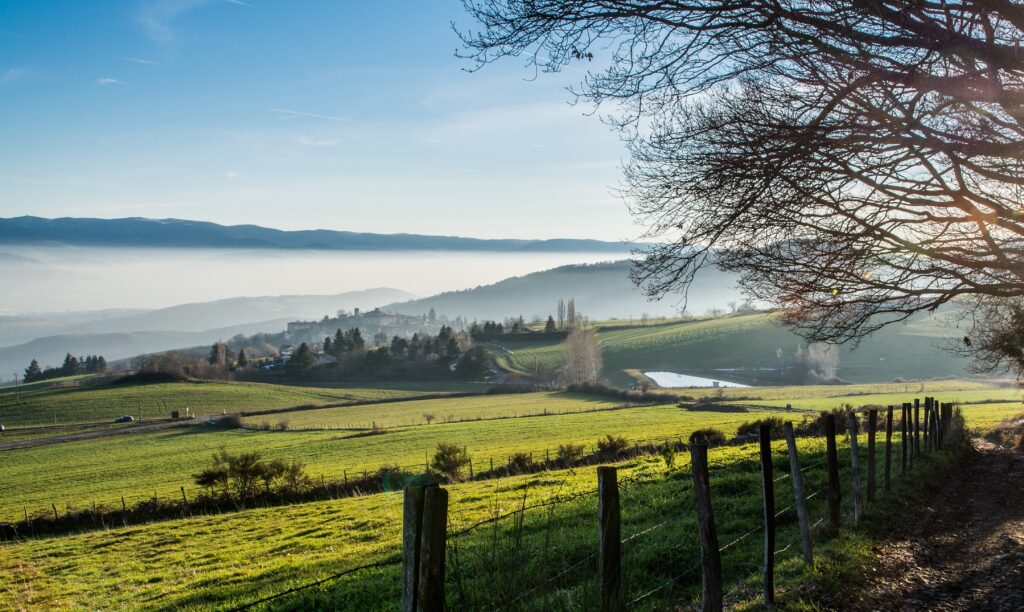VC firms seek unique terroirs that generate great vintages

In the world of wine, terroir refers to the unique combination of environmental factors that influence the characteristics of a grape and, ultimately, the taste of the resulting wine. It’s a French term that literally translates to “land” or “earth.”
1.The meanings of terroir
Terroir ranges in broard meaning in the environmental factors.
1.1.Climate
average temperature, rainfall patterns, sunshine hours, and wind exposure. Warmer climates tend to produce riper grapes with higher sugar content, leading to bolder, fruitier wines. Conversely, cooler climates often result in wines with higher acidity and more delicate flavors.
1.2.Soil Composition
The minerals and nutrients present in the soil have a significant impact on the grapevine’s growth and the character of the wine. For example, grapes grown in soils rich in limestone tend to produce wines with a minerality taste, while clay-based soils can impart earthier notes.
1.3.Topography
Slope, elevation, and aspect (direction the vineyard faces) all play a role in sun exposure, drainage, and airflow. Slopes with good sun exposure can produce grapes that ripen more evenly, while well-drained soils are crucial for preventing vine disease.
1.4.Grape combination with terroir
While not technically part of the terroir itself, the specific grape variety planted in a particular vineyard will also influence the final wine. Different grape varieties have different inherent characteristics and respond differently to the specific terroir.
2.The Importance of Terroir
The concept of terroir is highly valued in the world of wine, particularly in regions known for producing distinctive styles. For example, the chalky soils and cool climate of Champagne are what give those sparkling wines their signature minerality and finesse. Similarly, the hot, dry climate and rocky soils of the Barossa Valley in Australia contribute to the region’s powerful and full-bodied Shiraz wines.
2.1.Understanding terroir allows winemakers to
- Choose the best grape varieties to plant in their vineyards based on the specific growing conditions.
- Employ viticultural practices that optimize the unique characteristics of their terroir.
- Craft wines that are a true expression of their place of origin.
While some regions are known for having a strong “sense of terroir,” it’s important to remember that terroir is not a static concept. Winemaking practices and even climate change can influence the way terroir expresses itself in a particular wine. The importance of terroir is that can be found not only traditional area, but also newly cultivated area as well.
3.VC metopher from vinary
Imagine a skilled Vintner examining a vineyard. They don’t just look at the grape variety but also consider the terroir. The overall climate and precipitation are crucial factors. The vintner hopes to cultivate a grape that thrives in this specific climate and produces a vintage that becomes consumable masterpiece for the winery, perpetuating the hydrologic cycle of the wine industry.
We can find interconnectedness of various factors in VC. Just as a vintner needs to understand the complete hydrologic cycle to produce great wine, VC firms need to consider the interplay of various elements – terroir, climate, precipitation – to identify and invest in promising startups that will generate future returns.
This metaphor shows that the innovation is a subject of natural science.

